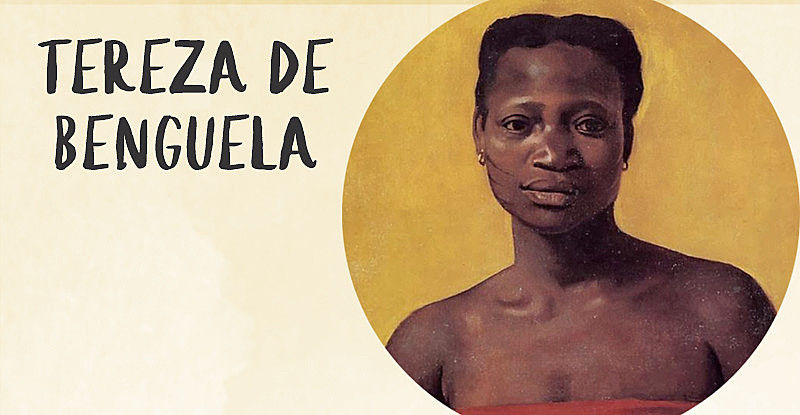July 25: from ancestry to Afrofuturism. Possible experiences and humanities for black woman
- Monique Prado

- 29 de mai. de 2021
- 2 min de leitura
Atualizado: 3 de jun. de 2021
July 25th is the day of Latin American and Caribbean black women. The date originates from the First Meeting of Black Latin American and Caribbean Women that took place between the 19th and the 25th of July in Santo Domingo, in the Dominican Republic, bringing together black women from different countries in order to analyze the effects of racism and sexism to articulating actions among women of African descent, , considering the fact that some indices massively affect these women.

In Brazil, the day was instituted only in 2014 through Federal Law No. 12,987, named as National Day of Tereza de Benguela and Black Women who was known as queen and black heroine, lived in the 18th century and became the leader of Quilombo do Quariterê, a quilombo that resisted from 1730 to the end of the century in Brazil.
For the black feminist movement, NGOs and civil society, the day reflects a purposeful agenda that often occurs throughout the week of the 25th or even the entire month of July.
It should be noted that the date is not intended to make all black Latin American and Caribbean women fit into a single identity. In fact, the date respects the plurality of the more than 200 million black women in the South American and Caribbean region according to the Associação Mujeres Afro.
In Brazil, for example, the feminicide index calculated from 2005 to 2015 shows that 65.3% of women who were signed were black. Also, data from the 2014 health system shows that 70% of registered rapes affected black women. When we talk about the obstetric violence, 65.9% of women who suffer obstetric violence are black.
The week serves to observe the trajectories of other black women as a way of legitimizing emancipatory ways of experiencing the world. It also shows the potential of black women. Even facing the traumas, family tensions and pains perpetrated by capitalism, these women resist promoting the ancestral rescue of collectivity, orality, sharing, showing other possible forms of humanity.
This journey reconnects black women to other representations of the world, questioning rationality and the accumulation of capital, as exclusive ways of experiencing human life.
It means to say that black women are not limited to scarcity, uncertainty and terrible statistics. These women propose other types of knowledge and forms of socioeconomic organization in the solidarity and creative economy of consumption among themselves, positioning themselves against the logic of Eurocentric competitiveness. Besides, they promote safe spaces of belonging in the circles of conversation, exchange and affection between them.






Comentários